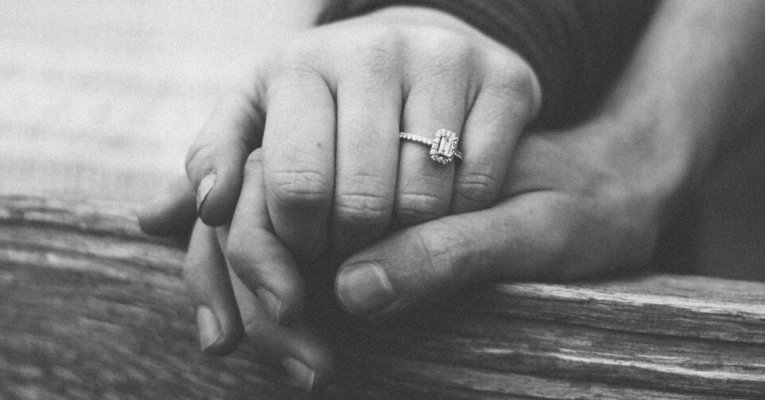Dealing with the Loss of a Loved One
Holidays are a time for fellowship and friendship with those you love. However, for families dealing with the loss of a loved one, this time of year can also bring terrific sadness. There is no single right or wrong way to handle these difficult times. The key to coping with grief during the holidays is to find the way that is right for you.
- Give yourself permission to feel. — Oftentimes we try to behave in ways that are expected of us even when they conflict with our true feelings. Allow yourself and others the freedom to cry and grieve, or to laugh and enjoy the moments. It is not disrespectful to have fun during the holidays.
- Recognize that grief affects everyone differently. — The loss of a special friend or family member is always devastating and these feelings can be compounded greatly during the holidays. However, not everyone reacts to grief in the same way. Each person’s relationship with the deceased, their age, and temperament etc., all play a distinct role. Young children typically cry and act out more than usual, regress to an earlier developmental stage, and experience sleep disturbances. Teens may become withdrawn and angry, grades could drop, and forgetfulness may occur. The key to getting through these difficult days is open communication. Talk frequently about feelings and expectations. Practice patience and understanding and acknowledge the fact that although nothing will ever be the same, healing will take place.
- Decide the right way for you to observe the holidays. — Perhaps keeping all of the familiar traditions in place gives you security and comfort. If not, feel free to trade some of the old customs for new. Altering traditions to suit current needs makes sense. Hold a family meeting to discuss various ideas and feelings and seek a suitable compromise which allows each person to participate, (or not) in their own way.
- Allow others to assist you. — If your daughter offers to handle dinner preparations let her. If your friends and loved ones ask how they can help, tell them. You need a strong support system to help you through these trying times and others need to feel helpful.
- Consider doing something special for someone else. — One of the most therapeutic activities you can engage in during traumatic times is to step outside of yourself and help someone else. Try giving to a charity in memory of your loved one, or if you are able, volunteer your time to a worthy cause. Helping others always benefits the giver as much as the receiver! Involving the children will teach them a valuable life lesson as we model appropriate coping strategies.
- Recognize your lost loved one in a meaningful way. — Although this may be very difficult, it is an important step to healing your grief. Perhaps light a special candle to quietly include your loved one. Try writing thoughts and feelings on slips of paper (little ones can draw pictures), attach them to helium filled balloons and release them on a chosen day. Be flexible, do what is best for your family, and leave expectations behind.






